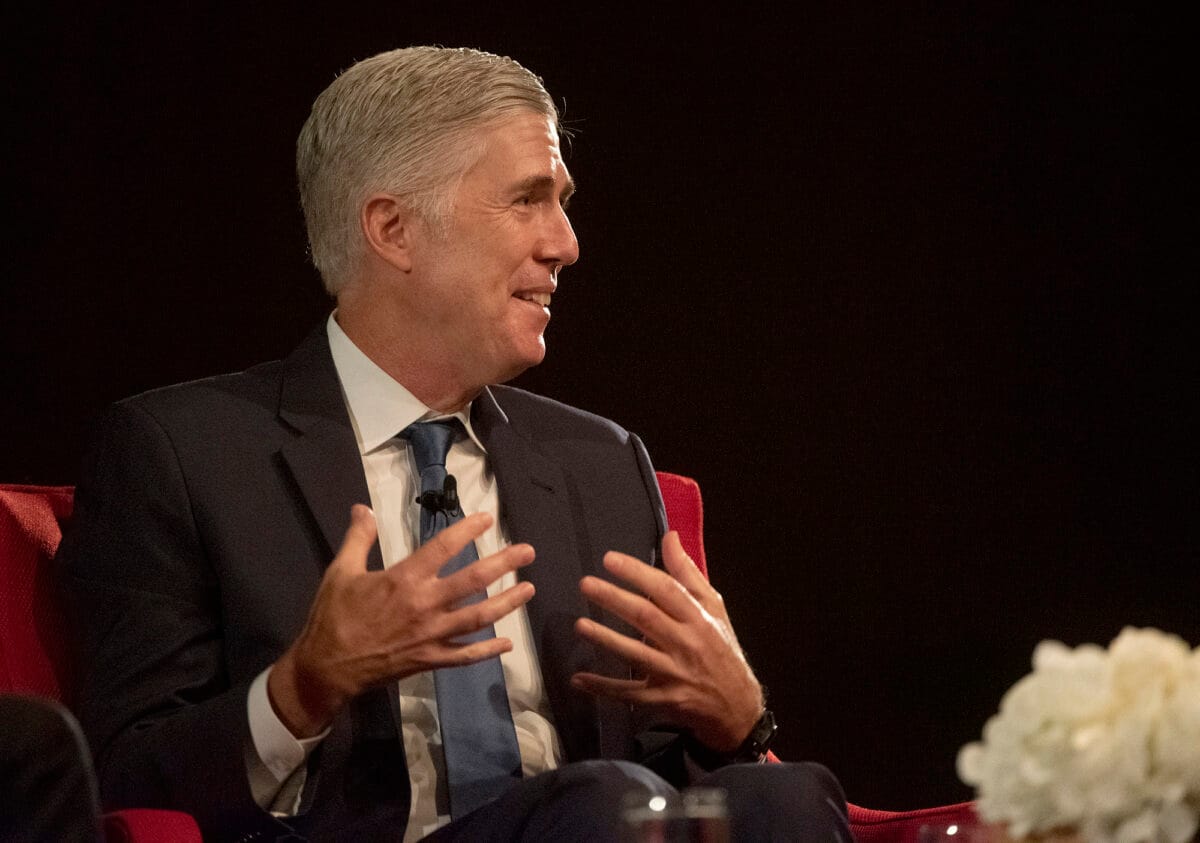Supreme Court Upholds Act Banning Robocalls For Debt Collectors and Political Consultants
July 6, 2020 — The U.S. Supreme Court upheld a ban on unsolicited robocalls to cell phones with their Monday ruling on Barr v. the American Association of Political Consultants. The court expanded the ban to additionally prohibit robocalls from political consultants and debt collectors. The American










Member discussion